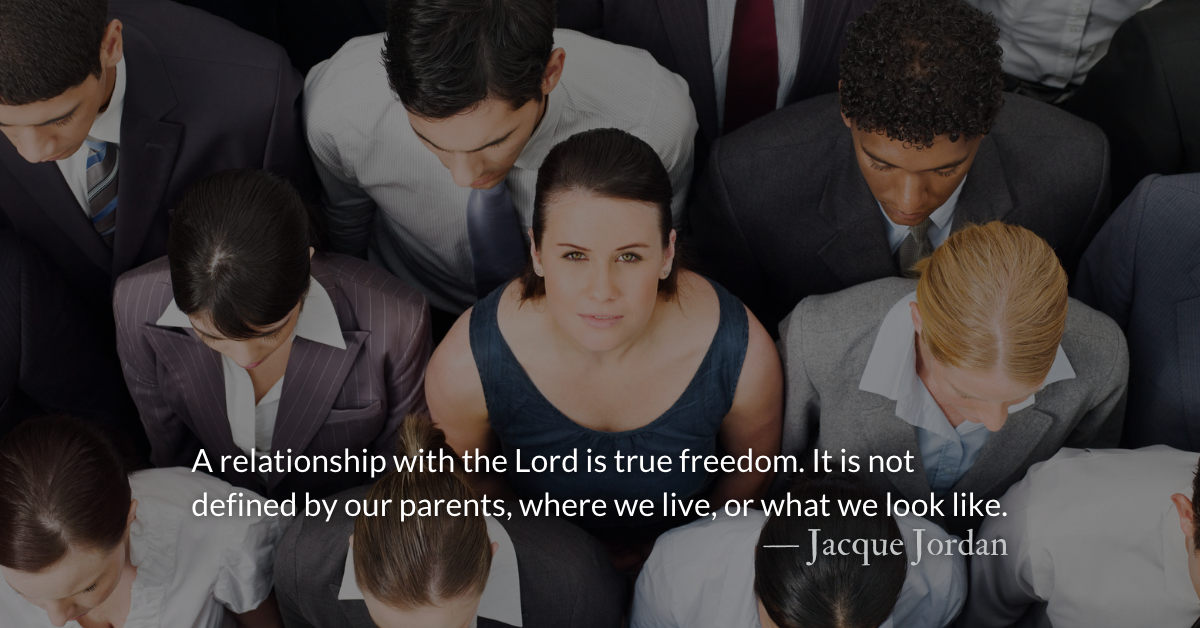Links for today’s readings:
Read: Deuteronomy 24 Listen: (3:21) Read: Romans 4 Listen: (4:08)
Scripture Focus: Deuteronomy 24.14-18
14 Do not take advantage of a hired worker who is poor and needy, whether that worker is a fellow Israelite or a foreigner residing in one of your towns. 15 Pay them their wages each day before sunset, because they are poor and are counting on it. Otherwise they may cry to the Lord against you, and you will be guilty of sin. 16 Parents are not to be put to death for their children, nor children put to death for their parents; each will die for their own sin. 17 Do not deprive the foreigner or the fatherless of justice, or take the cloak of the widow as a pledge. 18 Remember that you were slaves in Egypt and the Lord your God redeemed you from there. That is why I command you to do this.
Reflection: Do Not Take Advantage
By John Tillman
We live in an exaggeratedly opportunistic culture and economy.
We are pressured to compete with one another because life is a zero-sum game where my profit can only come at your loss. If I win and you lose, I should be praised, not shamed. Right?
In that kind of system, it is foolish to not take advantage of every opportunity. We must exploit weakness to gain an advantage in the marketplace. After all, doesn’t a meritocracy mean that winning, no matter how I do it, proves I deserve it and you don’t? Doesn’t the survival of the fittest imply the elimination of the weak?
But the weak are also our neighbors. Can Christians exploit our neighbors in the market while saying we love our neighbors in our churches? If not, how can we live in this system of cruelty and greed?
The Old Testament has a reputation for harshness but a reality of mercy. Old Testament law has a recurring pattern of aggressively protecting the vulnerable. Our culture has a history and pattern of aggressively taking advantage of the vulnerable.
Over and over the Bible commands those with means, power, or opportunity to not take advantage of those weaker, poorer, and less fortunate. God takes special interest in their welfare.
The marginalized groups God mentions most include widows, orphans, immigrants, and the poor. Tim Keller referred to them as the “quartet of the vulnerable.” He said, “If you aren’t intensely concerned for the quartet of the vulnerable…it’s a sign your heart is not right with God.” (Church Leaders) If we take advantage of them, we will answer to God sooner or later.
Profit and growth are part of our human calling. The first divine command was to cultivate and flourish. So the answer is not to eschew profit, competition, or efficiency. Rather, we must remember that our gains must not come by causing losses for those on the margins. Rather than profit at the expense of the poor, we should profit along with them, building opportunities for them to rise, rather than rising by pushing them down.
It is not evil to make a profit any more than it is evil to be poor. However, the poor are God’s special concern. If we profit by taking advantage of them, the wealth we pile up testfies against us and we store up judgment for ourselves rather than security.
Divine Hours Prayer: The Refrain for the Morning Lessons
No good things will the Lord withhold from those who walk with integrity. — Psalm 84.11
– Divine Hours prayers from The Divine Hours: Prayers for Summer
by Phyllis Tickle
Read more: Vulnerable Quartet
The “quartet of the vulnerable” is a term for those vulnerable to harm, particularly in the Bible: the widow, the orphan, the immigrant, and the poor.
Read more: Why The Cross?
Every good thing before the cross pointed to it. Every good thing after the cross is evidence of the power broken on it.



